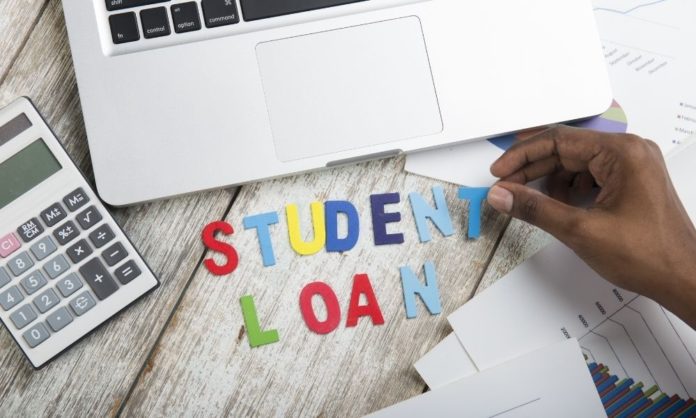One of the most stressful parts of graduating college is the dread that comes with your inevitable student loan payments. Many graduates have periods of time where they may be unemployed or have low incomes until they find higher-paying jobs or graduate school programs. If you’re afraid of your student loan payments starting before you have the means to pay them off, it’s important for you to research the different ways to keep student loan payments low after graduation and start making the proper preparations.
Choose the Right Repayment Plan
Many students borrow their student loans directly from the government. The US government makes decisions that affect federal student loan borrowers and their remaining debt, including offering new options for student loan repayment. After you graduate, you’ll be able to choose from standard, graduated, and income-based repayment plans. Since you’re interested in keeping your payments low after graduating, you should consider either a graduated or income-based plan.
Graduated Repayment Plan
A graduated repayment plan keeps your monthly payments low at first but slowly raises them—typically every two years. With the graduated plan, you’ll pay off your loans over ten years like you would with a standard ten-year plan. This plan is good for students who know they’ll have careers in which they’ll advance and make more money as time goes on. However, this type of plan may be risky if anything negative happens to your income. You’ll also end up paying more than you would on a standard plan due to the buildup of interest during the lower early payments.
Income-Based Repayment Plan
With federal student loans, one of the most popular payment options available to graduates is an income-based repayment plan. As long as you keep your lender up to date with your current income information every year, they’ll give you a monthly repayment you should be able to afford. This plan takes longer to complete at upwards of 20 years (depending on your level of education), but it’s useful for graduates who are uncertain of their prospects or who have unstable income.
Loan Consolidation
Whether you have private student loans or federal student loans, loan consolidation is an option available to you. If you took out multiple student loans to pay for your education, you’ll likely face several different payments at different interest rates for each individual loan. When student loan interest rates are low, consolidation may provide you with the best way to keep student loan payments low after graduation. This gathers all your loans into one payment under one interest rate, and the total payment is often lower than the sum of your payments before consolidation.
Just remember that if you consolidate, your student loans may become private loans, and you’ll be unable to access future government aid for federal student loans. Before you make any impactful student loan decisions, always consult with financial professionals. They’ll understand your situation best.








